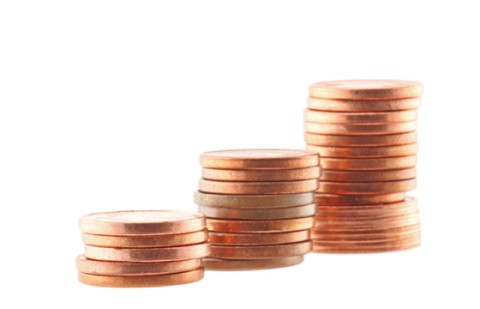Relative poverty: The indignity of gross inequality

Which view of economic inequality has greater merit? The one espoused by Adam Smith, the father figure of capitalism? Or the teaching that unfolds from the Bible's pleadings for justice and righteousness?
It's a trick question. In fact, these two perspectives are broadly the same. Smith, like the biblical writers, was opposed to gross income inequality. They agree that the issue of how people are faring relative to others in society is not simply a question of envy. It's a matter of human dignity and social well-being.
There's another outlook on inequality that has many adherents. Let's call it the We Got Stuff school of thought. It points out, correctly, that almost everyone in the U.S. has things not even the rich had at one time—like microwaves and color televisions. And even the down-and-out have a standard of living that eludes most people in destitute nations. That's what matters, according to this way of thinking. Widening gaps between rich and poor are beside the point.




